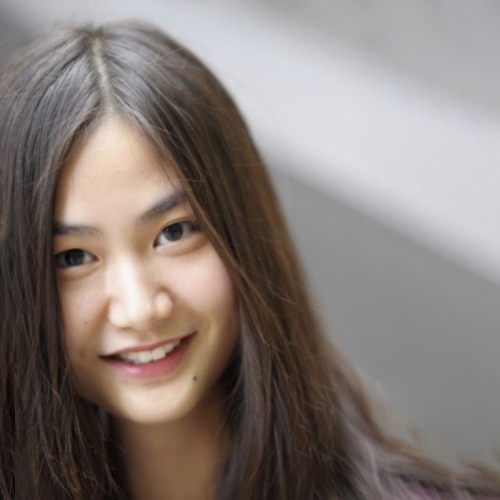Seminar:
Go Toxic or Go Viral - The Use and Abuse of Social Media
| When: 10:30 am Friday January 26th, 2024 |
Where: Room 1202 Patrick F. Taylor Hall |
ABSTRACT |
|
Social media users are vulnerable to misinformation, harassment, and other malicious behavior. To minimize the negative impact of such threats, we must better understand them and devise cutting-edge mitigation strategies. In this talk, I will share my research on finding solutions to mitigate malicious online behavior. First, I will present an in-depth study of the emerging zoom-bombing phenomenon, in which aggressors join online meetings to disrupt them and harass their participants, using a combination of quantitative and qualitative methods. The findings of the study allow me to identify flaws in the design of current meeting tools and provide recommendations to improve their security. Next, I investigate the current moderation approaches deployed by online platforms, using TikTok as a case study, and find that current practices are insufficient. To help moderators prioritize content, I present an approach to identifying videos that will go viral. Finally, I will discuss my future plans for developing computational tools to model and track toxic multi-modal content at scale. My research helps us better understand online abusive behavior and provides a foundation for developing automated mitigations. |
|
|
Chen LingBoston UniversityChen Ling is a Ph.D. Candidate in the ECE Department at Boston University working with Prof. Gianluca Stringhini. She studies security and social computing, with a focus on harassment, misinformation, and its moderation using multi-modal, cross-platform, and mixed-method approaches. Her work has been published in top-tier journals and conferences, including IEEE S&P, ACM CSCW, AAAI ICWSM, and has been reported by Wired, New Scientist, and the Washington Post. Chen is the recipient of 2023 EECS Rising star, the 2022 Meta Ph.D. fellowship in Security and Privacy, the Hariri Fellowship at Boston University, and was a visiting scholar at Max Planck Institute. |
